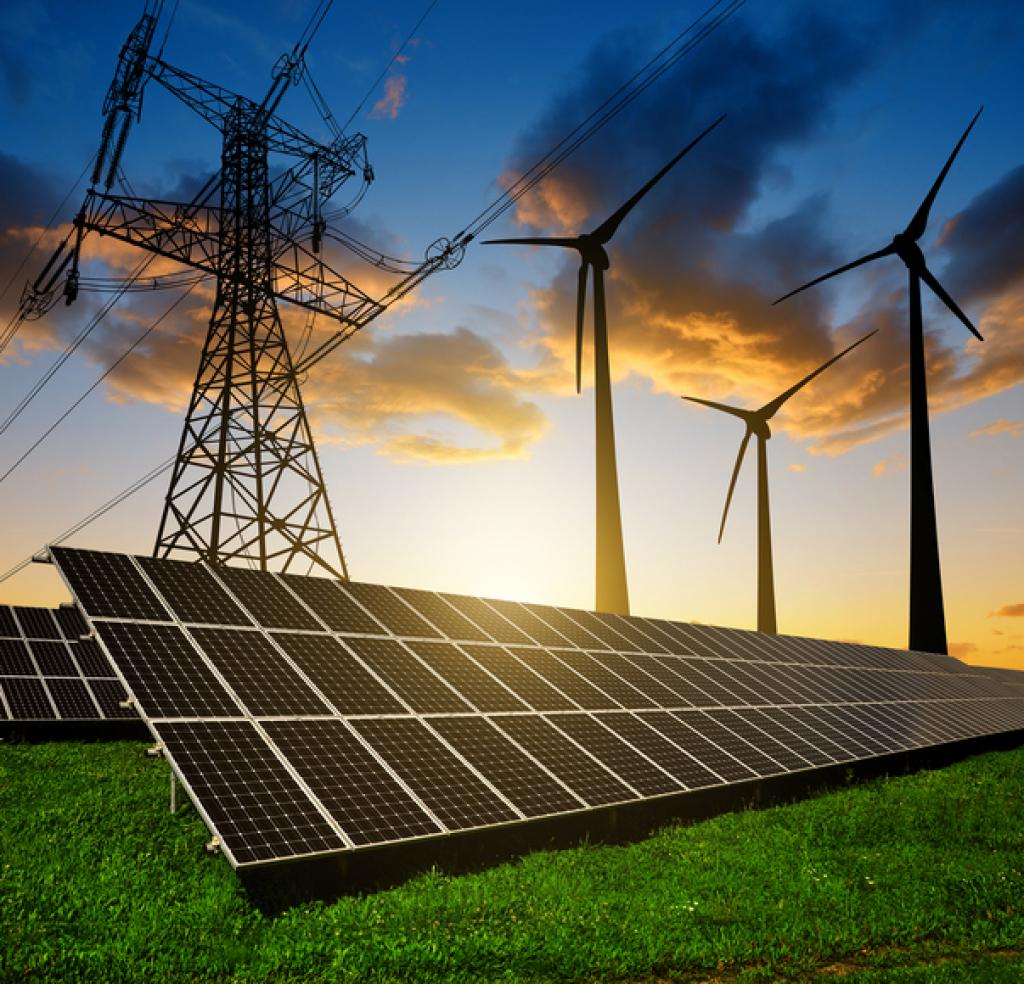SEAS
Electrical and Electronics Engineering
B.Tech. in Electrical and Electronics Engineering
BTech in Electrical and Electronics Engineering is a four-year undergraduate programme. The curriculum has been designed with the expert guidance of academicians and industrialists with due focus on both core and allied courses. Most of the courses involve practical training in the laboratory followed by project work. The curriculum mainly helps the students to acquire sound knowledge in the fields of core electrical engineering, electronics and communication systems, information, and other related fields. The focus of EEE curriculum is made keeping in view the current and upcoming industry requirements in future (Industry 4.0).
Programme Educational Objectives (PEO)
Use domain knowledge to develop novel products, technologies, and services.
Programme Specific Outcomes (PSO)
Engineering Knowledge
Problem Analysis
Design/Development
Analysis, Design and Research
Modern Tool Usage
Society and Multicultural Skills
Environment and Sustainability
Moral and Ethical Awareness
Individual and Teamwork
Communication
Project management and finance
Life-Long Learning
Specialisation Offered
Renewable Energy
Electricity consumption will comprise an increasing share of global energy demand during the next decade. In recent years, the increasing prices of fossil fuels and concerns about the environmental consequences of greenhouse gas emissions have renewed the interest in the development of Renewable Energy Resources. The Ministry of Power and New & Renewable Energy has declared an ambitious mission of 500 GW of renewable energy generation by 2030, which creates huge opportunities for renewable energy professionals, including research, consultancy, entrepreneurship, working professionals etc.
BTech in Renewable Energy specialization helps in the understanding of renewable eneragy concepts, tools, and applications. This knowledge can be employed to advance your current work, move into the renewable energy field, and promote sustainability. This programme also provides the graduates with the knowledge base and the practical knowledge of how to use energy in the most environmentally friendly and in economical way. Further, it provides advanced insights into solving problems in the production, processing, storage, distribution, and utilization of energy.





